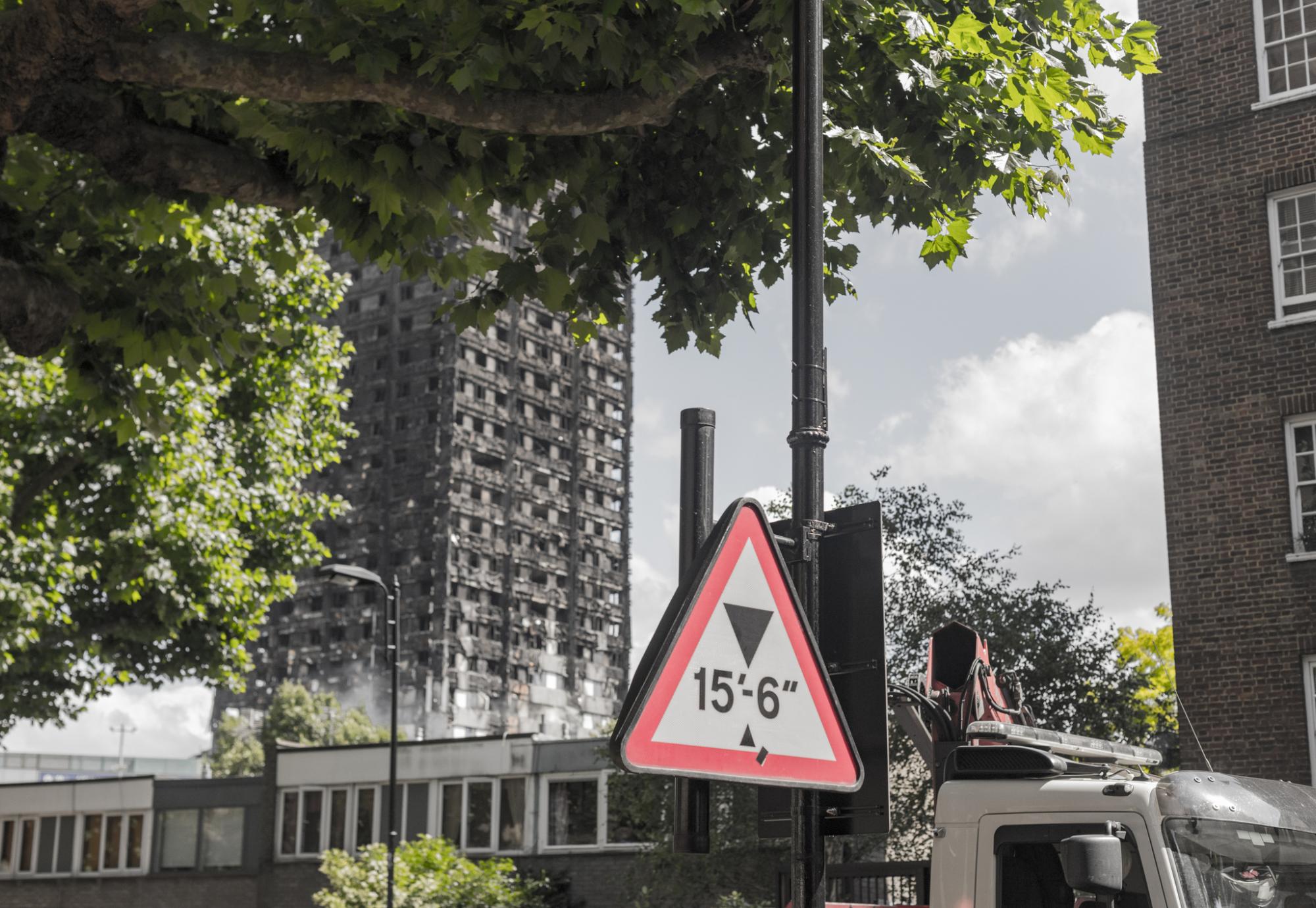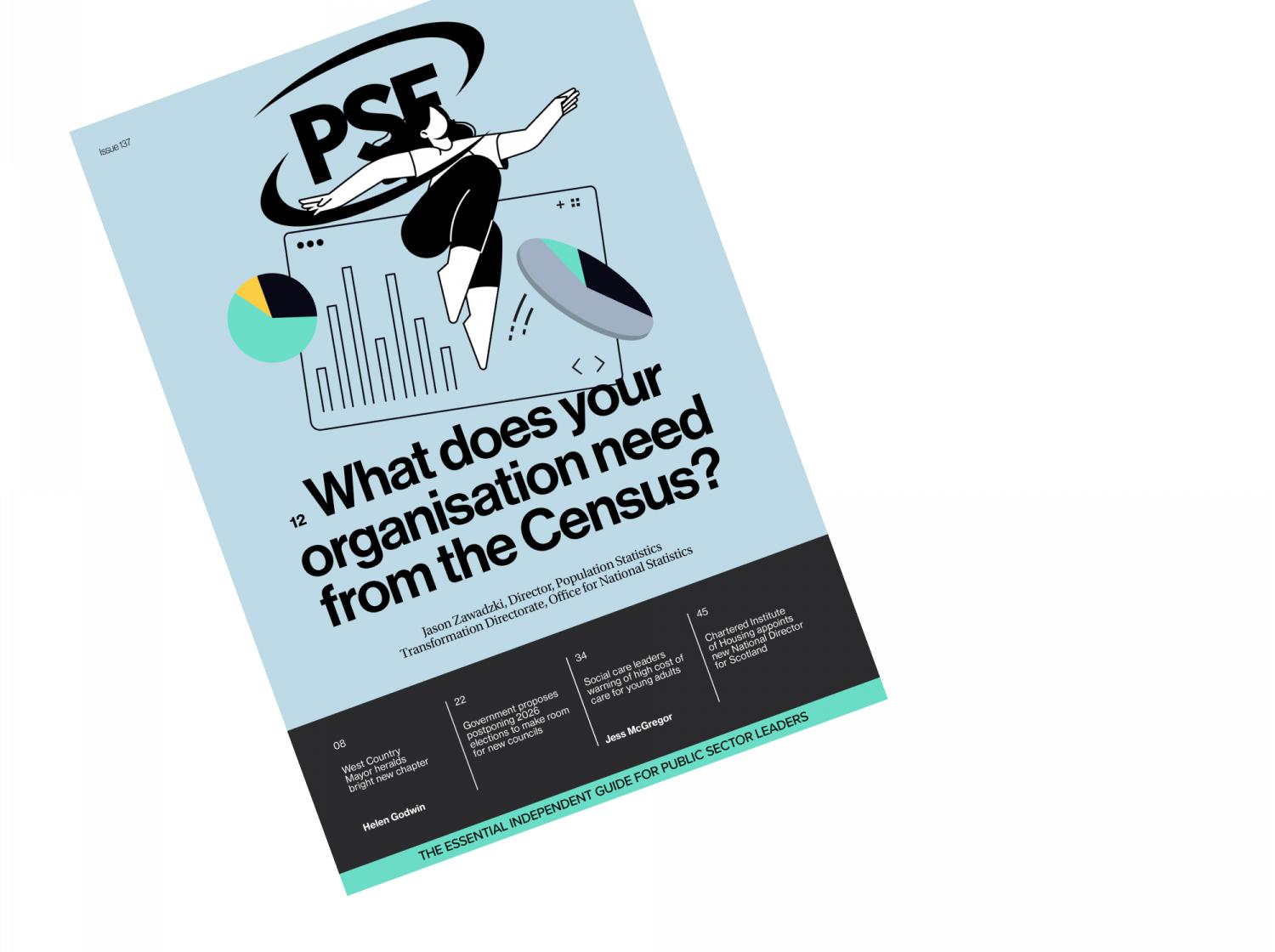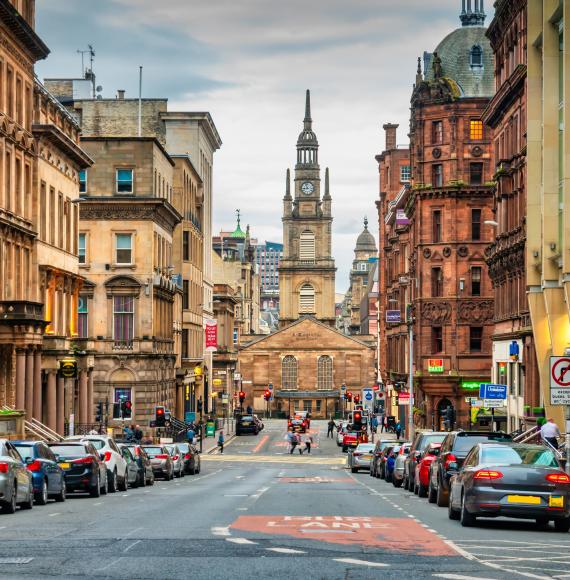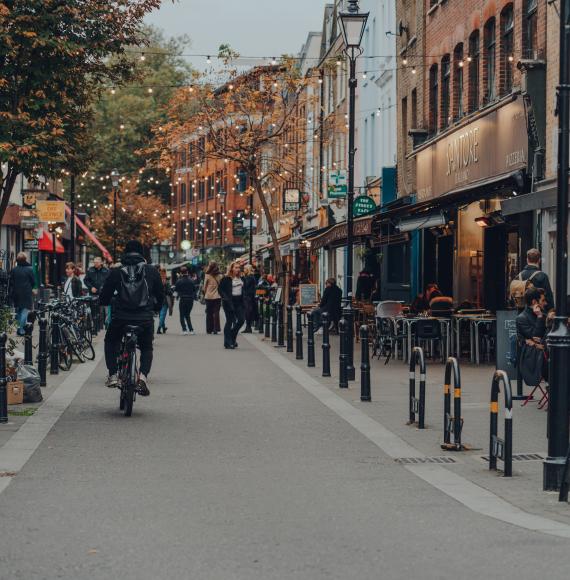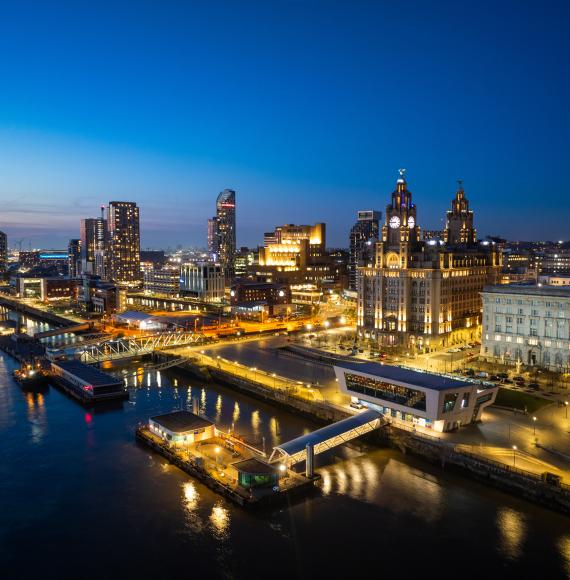On the fourth anniversary of the Grenfell Tower fire, in which 72 people tragically lost their lives, London boroughs have called for changes to fire safety.
The fire exposed serious issues with the building safety regulatory regime and revealed the serious fire safety risks in properties in London and across the country.
London boroughs have welcomed the series of measures brought in by the government in the years following the Grenfell Tower fire, but highlight critical issues that still must be resolved to ensure a fire safety regime that is ‘fit for purpose’.
London Councils, the membership group representing the 32 London boroughs and the City of London Corporation, is calling for:
- Government legislation and funding to consider a building’s overall fire risk
- Robust powers for councils to enforce fire safety in leaseholder-owned properties
- Significant investment in social housing
At present, the Fire Safety Act 2021 and Building Safety Bill included in the Queen’s Speech only apply to buildings taller than 18 metres or with more than six storeys.
Boroughs question this threshold, as buildings below 18 metres have proved a real danger to life.
In June 2019, a serious fire at Samuel Garside House in Barking, which is six storeys high and just under 18 metres tall, required 79 households to flee to safety as the building went up in flames within minutes.
While no one was injured, London Councils said this could have been another tragedy.
London Councils is calling for legislation to be based on the overall risk profile of a building, not an arbitrary height measurement.
Boroughs also continue to be concerned about the lack of access to leaseholder-owned properties.
While the Building Safety Bill gives local authorities power to access these properties for immediate safety concerns, a High Court ruling against Oxford County Council stated that the council does not have the right to access a leaseholder property in a social block to install fire safety improvements.
To be able to ensure an entire building is safe for its residents, London boroughs say they need robust powers to enter, inspect and install fire safety improvements across all the block’s homes, including those owned by leaseholders.
While the additional funding from the government’s Building Safety Fund is welcome, it is not enough to cover the full scale of remediation work needed, London Councils said.
The fund is only available for the removal of dangerous cladding and only applies to buildings above 18 metres, so does not cover the wider range of building safety issues that have arisen due to the regulatory regime.
Commenting, London Councils’ Executive Member for Housing and Planning, Councillor Darren Rodwell said:
“The Londoners who lost their lives in the Grenfell Tower fire must not be forgotten. This tragedy should never have happened and we must ensure it never happens again.
“Boroughs want to work with government to ensure all residents are safe and feel safe in their homes. Four years on from Grenfell, further and faster action is required to ensure a fit for purpose fire safety regime.
“In my own borough of Barking and Dagenham, we have seen that buildings below the 18-metre threshold for the government’s funding and legislation can still pose a real threat to residents’ lives and I know local authorities across the capital agree.
“We need significant investment from government in social housing to address our residents’ legitimate concerns about fire safety and ensure they can live in homes which meet their needs.”

